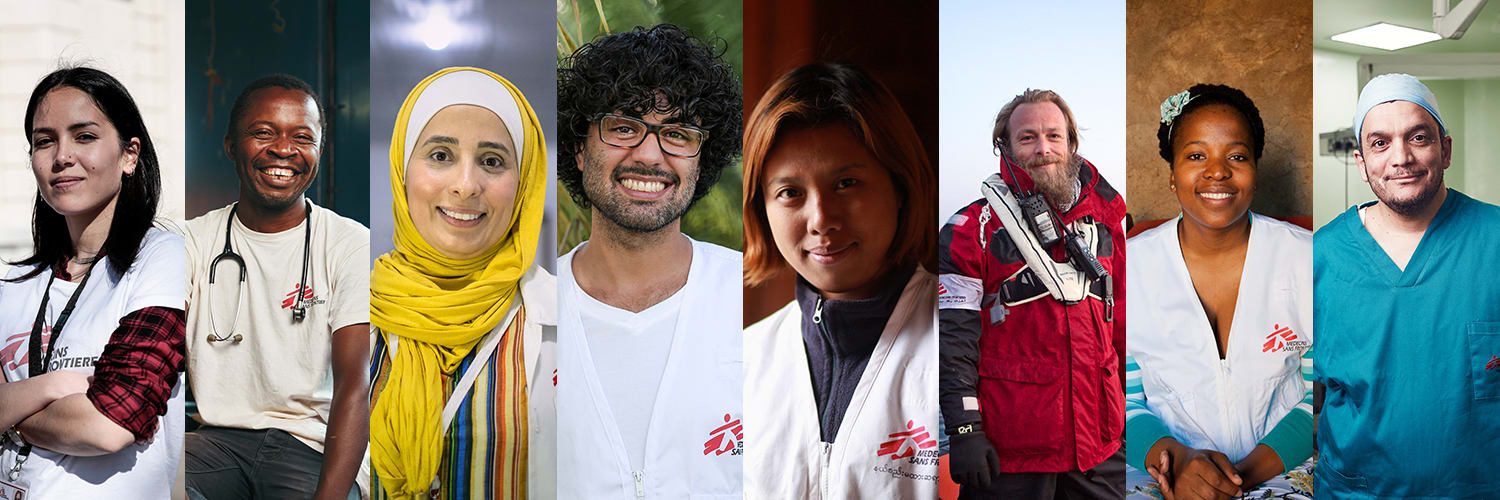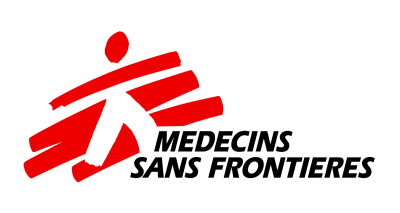
Author Coordinator Public Health Engineering in Precarious Situations Guidelines - CONSULTANCY
- Remote
- International Office
Job description
Location: Homebased
+/- 5 hours from CET time zone
Contract: Consultancy
Duration: 22 months - 10 days per month
Deadline to apply: 17.08.2025
Starting date: ASAP
I. MSF INTERNATIONAL
Médecins Sans Frontières (MSF) is an international, independent, medical humanitarian organisation that delivers emergency aid to people affected by armed conflict, epidemics, healthcare exclusion and natural disasters. MSF offers assistance to people based only on need and irrespective of origins, religion, gender or political affiliation.
MSF International is the legal entity that binds MSF’s 24 sections, 27 associations and 18 branch offices together. Registered in Switzerland, MSF International provides coordination, information and support to the MSF Movement, as well as implements international projects and initiatives as requested.
II. POSITION BACKGROUND
Médecins Sans Frontières (MSF) produces medical guides for non-specialized staff in the field. The objective of the guides is to disseminate adapted medical and public health knowledge to help in analyzing, understanding the situation, designing and implementing a quality response rapidly. Based on its experience gathered in it projects, and in the absence of relevant documents from other agencies, MSF has been producing medical-operational practical guidelines for more than 30 years. The International Guideline Publication (IGP) has been established to ensure the quality production of MSF guidelines. International guides include 2 categories:
Public guides: for use within and outside MSF. MSF’s public guides are used by other non-governmental organisations and international agencies, thereby contributing to enhancing MSF's profile.
Internal guides: for use by MSF only.
There are currently about 20 different guides, some of them are produced in several languages (English, French, Spanish, Arabic).
The Public Health Engineering in Precarious Situations (PHE) guideline is available for the public in ENG and FR.
The guideline is divided into 8 chapters. All chapters are presented in a similar way: a narrative section answering Why, What Where, When and by Who, and finally How. Following the narrative section, practical Technical Briefs (TB) are describing the different techniques commonly used in the field.
The latest version dates back from 2010 and needs structural revision. The Water and Sanitation (WatSan) Platform has already identified in detail all required change and translated it into work plan which would drive the author-coordinator’s work.
III. PLACE IN THE ORGANISATION
The Author Coordinator is part of MSF Intersectional WatSan Platform. She/he reports to the MSF WatSan Core Platform lead and works closely with key staff in all five Operational Centres of MSF, as well as with the MSF International Guidelines Publications manager and members.
IV. OBJECTIVES OF THE POSITION
The purpose of the position of Author -Coordinator is to review the Public Health Engineering in Precarious Situations, edition 2010.
This includes:
1) Coordinate and write the revision of the content of PHE guidelines. She/he ensures the guidelines stay scientifically (evidence based) and technically (feasible in MSF context of interventions and up to date), consistent with other MSF International guidelines, and that all work is relevant and adapted to MSF’s operational environment
2) Adapt and execute the proposed detailed revision plan for PHE guidelines
3) Write new Technical Briefs and update others, coordinate and incorporate the input and feedback of stakeholders
4) Participate to and familiarise with medical writing (process) improvement meetings/policies set by the IGP team.
V. MAIN RESPONSIBILITIES
Project management
Adapt the existing project plan and planning, in coordination with the relevant Platforms members and other stakeholders (i.e. external expert…)
Implement a plan for continuous collection of feedback from the different stakeholders ensuring MSF’s operational realities are well integrated
Adjust planning, in coordination with the WatSan Lead and International Guidelines Project (IGP) manager, if new evidence or recommendations relevant to the guideline emerge and more or less time is needed
Centralise documentation of feedback collected for Public Health Engineering (PHE) Guidelines (from working group, IGP editors, field staff), revisions made, consensus or decisions reached
Ensure permissions are obtained and stored for all illustrations, images and photos that are not from MSF official sources
Archive documents, references, decisions around key topics used for the guides, to help answer any future questions related to the guidelines.
2. CoordinationCoordinate the input of MSF internal and external experts and facilitates consensus-seeking and decision-making on content. To do so, s/he will organise dedicated expert group work, according to the technical WatSan topics concerned by the revision (i.e. water supply chapter to be reviewed by water specialists, same with vector control by entomologists etc…)
Coordinate with other authors working on international guidelines and managers of existing tools for coherence
Disseminate finding of literature research, external guidelines review, etc. to MSF WatSan Core Platform members and experts.
3. WritingConduct proactive literature search, external guidelines review, etc.to support content with up-to-date scientific evidence, or if lacking, on a consensus of internal and/or external experts.
Write the revision of the PHE guidelines and/or new Technical Briefs in compliance with the “Guide of Guidelines”, request and integrate relevant MSF and external experts’ inputs, as well as references, illustrations, etc.
Coordinate closely with IGP editor throughout the writing and/or revision process e.g. provide regular updates on content changes, consider and integrate feedback and submit final text for feedback and validation
Prepare a discussion document for the Medical Director and focal point in case no agreement has been reached between the different collaborators (author(s), MSF and external expert) on a certain topic. Document and integrate the decision taken
Finalise the text, considering all feedback
Support translation process by identifying which references are available in French
Track and ensure references are used and cited correctly.
VI. Milestones
Month 1: Project plan and workflows developed and approved
Month 5: 1st chapter on water supply revised and feedback of internal stakeholders and editor processed
Month 15: chapters on wastewater/excreta/dead body disposal and waste management revised and feedback of internal stakeholders and editor processed
Month 22: full updated guideline
VII. Deliverables
Draft project planning updated and kept up to date along the project.
A plan for continuous collection of feedback from the different stakeholders ensuring MSF’s operational realities are well integrated developed, approved and executed.
Coordination workflow developed, approved and followed during the development of the revision of the PHE guideline. Consensus successfully coordinated, where needed.
Literature review and research of internal policies/guidance documents done, for every chapter.
Revision of the PHE guideline drafted (chapter per chapter) in compliance with the “Guide for producing Guidelines”, feedback from internal stakeholders and content editor processed, final versions delivered and approval requested and received.
Discussion documents prepared, when needed.
Monthly update meetings with WatSan Core Platform lead, IGP editor and manager conducted
Quarterly update reports developed and delivered to validating bodies.
Presentation to the validating bodies of the final revised version developed and presented.
Job requirements
Qualifications
Master’s degree in public health engineering and/or environmental engineering,
Demonstrated skills in capitalizing experience and/or conducting literature review, critically assessing and documenting scientific evidence
Work experience
Experience in WatSan / WaSH guidelines production or editorial experience would be an asset
Project experience as WatSan/Environmental Health for at least 3 years with MSF or other international organizations working in similar context is mandatory
Project management experience is mandatory
Specific skills
Strong commitment to MSF values
Editorial capacity
Project management
Quality driven
Eye for detail
Problem solving
Excellent technical writing skills
Excellent English speaking and writing
French, Spanish or Arabic language skills is an advantage
Strong interpersonal, communication and organisational skills
Ability to work collaboratively with different stakeholders (remotely)
Ability to work and report independently
IT literacy
Only shortlisted candidates will be contacted.
At MSF, we are committed to an inclusive culture that encourages and supports the diverse voices of our employees. We welcome applications from individuals of all genders, ages, sexual orientations, nationalities, races, religions, beliefs, ability status, and all other diversity characteristics.
- Amman, Al ‘A̅şimah, Jordan
or
All done!
Your application has been successfully submitted!
